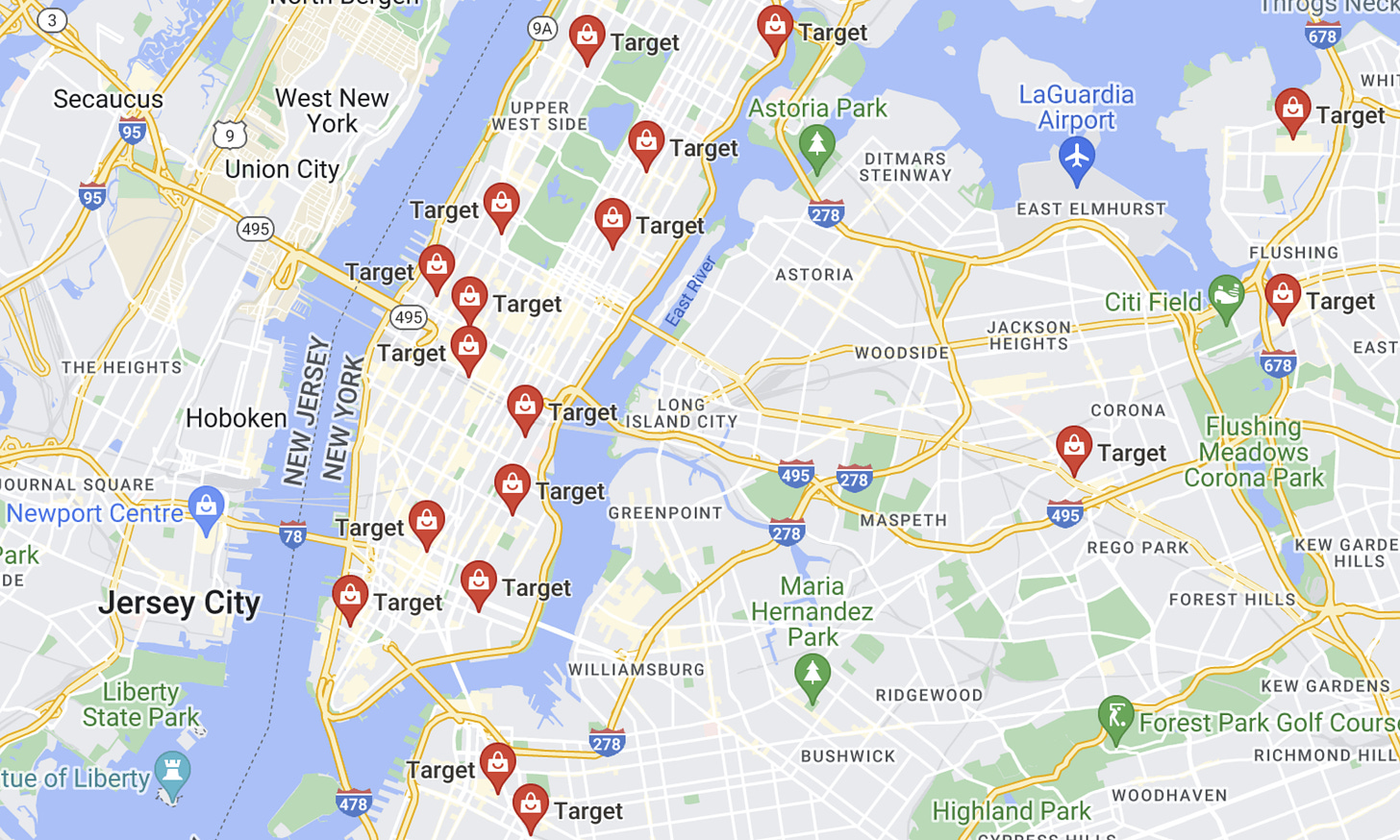These Deranged Rich Ladies Are Convenient for Explaining Why We're Leaving New York
even if I could afford to stay here I'd want to flee this type of person
You may find that this essay in The Cut is paywalled, but honestly, you might be better for it. It’s about the feelings that the FX show Fleishman is in Trouble, based on the book by Taffy Brodesser-Akner, has inspired in people who are like the characters from the show - which is to say, miserable rich New Yorkers who are trapped in the hell of their own insatiable ambitions. It’s a record of the moral and emotional bankruptcy that results from a certain addiction to getting ahead, the inability to enjoy immensely privileged lives thanks to a studied refusal to simply appreciate what one already has. This is also, for the record, why I couldn’t get into the show itself; I was too busy playing the world’s smallest violin to pay attention. I feel like 99% of the world would waste no time sympathizing with the characters; maybe I need to expand y moral imagination.
To give you a little of the flavor of the essay, here’s “Beth,” who’s indicative of the overall level of self-awareness of those interviewed:
Since leaving New York, Beth has found herself in tears at least once a week. She makes $300,000 a year — more than she’s ever earned in her life — but she’s running out of minutes in the day to squeeze out more dollars. “How do I make the $700,000 that I’m going to need to send her to private school or do the renovation in the attic so I can turn it into the master suite so I can have a tub and so I can have one thing I enjoy in my life?” she says. Her takeaway from the show: “Both avenues are shit. You can stay in New York and climb, climb, climb and never get where you need to go and give yourself a nervous breakdown, or you can move to the suburbs and be like, Who the fuck are these pod people?
Charming!
There’s one thing to attend to before I get into the rest of the substance here: the women Caitlin Moscatello interviews express extreme stress over getting their kids into the “right” schools, both in terms of barriers to entry and the expense involved. Some of these private schools cost as much as elite college tuition. And let me say this upfront: as I have demonstrated at considerable length, there is no reason to believe that school quality exists and no reason to trust that private schools teach any better than public. Private schools look good because the screening mechanisms - like, say, the screening mechanism of $40k/year costs for pre-K - produce student bodies that are more likely to achieve academic excellence. Like everything else in this triggering article, the notion that these people are financially strapped (despite making hundreds of thousands of dollars a year) because of the cost of private school is a self-chosen misery. You can send your kids to public school and they will achieve according to their potential. Like so much else that rich people do, I suspect that paying a ton for private school is more about spending the money than what they get in return.
The article also reflects that quintessential New York condition of meeting people who are not in any intrinsic sense interesting and moved to New York as a substitute for having a personality.




